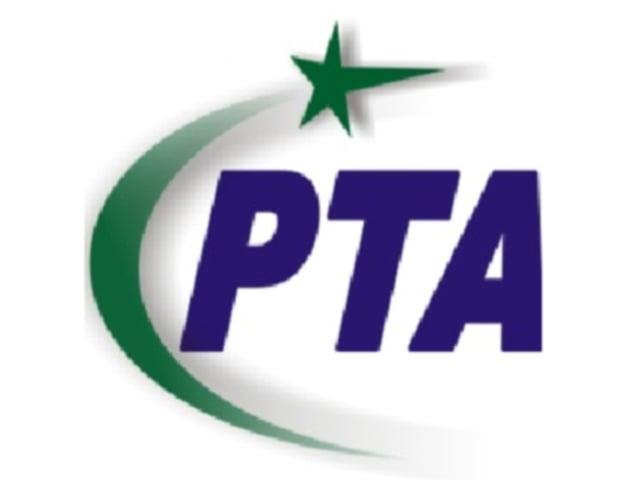Addressing the recent internet outages and submarine cable disruption, PTA Chairman Major General (Retd) Hafeez Ur Rehman dismissed claims that sharks were responsible and clarified that sharks cannot harm cables.
At a Senate committee briefing on Wednesday, January 1, Rehman dismissed claims that sharks were responsible for the breaking of undersea cables, stating that such an event was highly unlikely as sharks cannot damage undersea cables.
He clarified that the problem was not caused by wildlife but by technical factors.
The briefing, led by Senator Palwasha Khan at the Senate Standing Committee on Information and Technology, focused on Pakistan’s internet connectivity and its regulation.
Rehman confirmed that Pakistan is currently dependent on seven submarine cables for Internet services and highlighted that an additional submarine cable “2 Africa” will be activated soon, which is expected to improve the quality of Internet in the country.
On the issue of social media regulations, the PTA president shared that the authority receives approximately 500 complaints daily about content on social media platforms. As a result, the PTA asks these platforms to remove content that violates local regulations.
Rehman stated that about 80% of flagged content is removed, while about 20% remains accessible.
A major point of discussion during the meeting was the authority’s power to block Internet access in certain areas. Senator Kamran Murtaza questioned the legal basis for such actions and called for clarification of where in the law the government is allowed to restrict Internet access in specific regions.
In response, an IT Ministry official explained that there is no direct mention of regional internet shutdowns in the law, but the Home Ministry has the authority to order the PTA to take such actions when be necessary.
Rehman further explained that as per the rules, the Ministry of Home Affairs has the discretion to order the PTA to block internet or social media services, which has been a common practice in Pakistan since 2016.
The PTA president also questioned the legality of these actions, highlighting that such measures have been in place for almost a decade, with government orders dictating internet shutdowns.
It also noted that Internet restrictions had been applied on multiple occasions at the behest of both the Supreme Court and the High Court, particularly when ordered by legal authorities.
The PTA president concluded by stating that if the government orders internet shutdowns to remove specific online content, it could do so legally by limiting internet access in specific areas.




